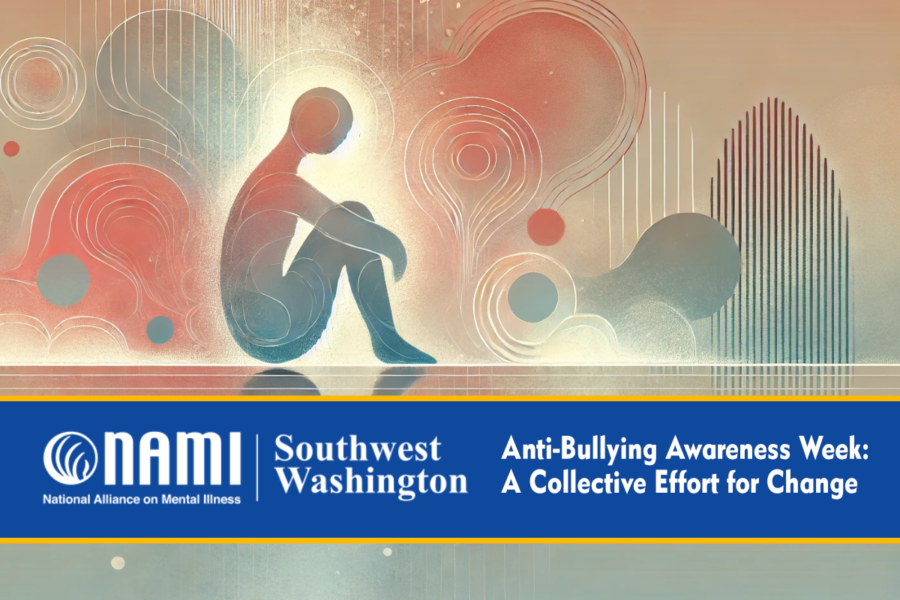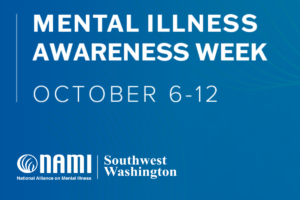As we observe Anti-Bullying Awareness Week from November 11-15, we are reminded of the importance of nurturing environments rooted in kindness and respect. Bullying may start in childhood, but its impact is felt far beyond the schoolyard. While often associated with schools, bullying is a pervasive issue that can surface in workplaces, communities, and increasingly, online. Each context carries its own challenges, but the outcomes remain similar: feelings of helplessness, isolation, and emotional distress. This week is dedicated to raising awareness, fostering education, and encouraging actions that cultivate respect and kindness across all aspects of life.
Recognizing that bullying isn’t limited to any one setting underscores the need for a broad, inclusive approach to prevention. Addressing bullying effectively means involving not only schools but also parents, workplaces, online platforms, and community leaders. When everyone is engaged in the effort to prevent bullying, we are better able to create safer, more supportive environments for individuals of all ages, especially young people who may lack the resources or support networks to protect themselves. Anti-Bullying Awareness Week is a time to unite against all forms of bullying, acknowledging its serious impacts and taking steps to foster environments where everyone can feel safe and respected.
Understanding the Deep and Lasting Impact of Bullying
Bullying manifests in various forms—physical aggression, verbal harassment, social exclusion, and, increasingly, cyberbullying. Each type of bullying has unique consequences, but all can deeply harm a person’s self-image, mental health, and emotional well-being. Children and adults who experience bullying may feel isolated, helpless, and unworthy, which can lead to anxiety, depression, and other mental health issues. These effects aren’t just temporary; studies show that the psychological impacts of bullying can persist for years, influencing relationships, academic or professional performance, and overall quality of life.
The digital age has intensified the effects of bullying. Cyberbullying, in particular, is relentless—often occurring anonymously and around the clock, leaving victims with little chance to escape. It can be even more damaging as it is shared publicly, leaving a lasting digital footprint. Victims of bullying, whether in person or online, frequently report feeling trapped, unsure of whom they can turn to for support, and fearful that their experiences may be minimized or dismissed. Anti-Bullying Awareness Week aims to amplify the message that bullying’s impact is serious and that no one should have to face it alone.
Understanding the profound effects of bullying underscores the need for early intervention and sustained support systems. When we acknowledge and address the harm bullying inflicts, we create opportunities for healing and change. Providing a safe space for individuals to share their experiences and seek help can be life-changing, reducing the likelihood of long-term effects and encouraging resilience.
Why Awareness and Education Matter
Raising awareness is a critical first step in preventing bullying. When we understand the signs, causes, and effects, we can better support those affected and take action to prevent it. Awareness encourages empathy, and empathy cultivates compassion and understanding. With greater awareness, people are more likely to recognize bullying behaviors and feel empowered to intervene in a safe and supportive manner.
Education plays a pivotal role in building a culture of respect and inclusion. Schools, workplaces, and organizations are encouraged to use this week to reflect on their values, policies, and support systems to create safe and inclusive spaces. When communities are educated about bullying, they are better equipped to identify, respond to, and prevent it. Teaching young people about empathy, resilience, and the value of diversity helps create a foundation where bullying has no place.
Education also includes fostering open discussions about bullying’s impact on mental health and well-being. When we talk openly about these issues, we reduce stigma and make it easier for victims to seek help. Teachers, parents, managers, and community leaders play a significant role in setting an example and creating environments where everyone feels safe and supported. Anti-Bullying Awareness Week is an opportunity to learn more about these responsibilities, equipping ourselves to make a difference for those who may feel unseen or unheard.
Taking Action: Practical Steps for Change
To truly address bullying, we need to move beyond awareness and take concrete actions that promote positive change. Here are a few practical steps each of us can take to make a difference:
Promote Kindness and Inclusion: Foster an environment where kindness, acceptance, and understanding are valued. Encourage positive behaviors in children and adults alike, teaching the importance of treating everyone with respect. Small acts of kindness can have a ripple effect, creating a culture where everyone feels safe and valued.
Stand Up and Speak Out: Bullying often continues because bystanders remain silent. If you witness bullying, safely step in, report it, or offer support to the victim. Knowing someone is there can make a world of difference, helping victims feel less alone and more resilient.
Support Those Affected by Bullying: Reaching out to someone who may be experiencing bullying can be incredibly impactful. Showing kindness, offering to listen, or inviting someone to join a group activity can reduce feelings of isolation and foster a sense of belonging. When victims of bullying feel supported, they are better able to navigate the challenges they face.
Create Policies That Address Bullying: Schools, workplaces, and community organizations need clear, effective policies that outline expectations, reporting procedures, and consequences for bullying behavior. Anti-Bullying Awareness Week is an opportunity for organizations to assess and, if needed, update these policies to ensure they are effective, inclusive, and enforced consistently.
Raise Awareness Beyond Anti-Bullying Week: While this week is a vital starting point, bullying prevention and education must be ongoing. Share resources, host workshops, and encourage dialogue about bullying throughout the year. This helps maintain a culture of respect and kindness, ensuring that bullying is addressed proactively and consistently.
Building a Future Free from Bullying
Anti-Bullying Awareness Week reminds us that change is possible and that we all have a role to play. Through awareness, education, and action, we can work toward a future where bullying has no place and where everyone feels safe, valued, and respected. Let’s take this week as a call to action to support one another, foster empathy, and stand up against bullying in all its forms.
Together, we can create environments where everyone—children, teens, and adults alike—feels empowered to be themselves without fear of being judged or mistreated. By cultivating kindness, empathy, and inclusivity, we are building a culture that not only discourages bullying but actively promotes well-being and respect for all.




